Him Lam - the new owner of Bamboo Airways - aims to build an ecosystem of many subsidiaries in catering, fuel, and engineering and requires the executive board to "make a profit".
After much skepticism, Bamboo Airways took off its first commercial flight in early 2019. With the ambition of a 5-star airline of former FLC Chairman Trinh Van Quyet, the airline quickly expanded its fleet, route network, and accompanying services. At the end of its first year of operation, Bamboo Airways became the first domestic private airline to operate wide-body aircraft and later also pioneered the introduction of regional jet aircraft to Vietnam for niche routes.
By the end of 2021 - the time before FLC's senior leaders were involved in legal trouble, with a fleet of nearly 30 aircraft, Bamboo Airways' flight network covered the domestic market with nearly 20% market share and a number of international routes.
Before the new investor was officially revealed, Bamboo Airways' business results were announced with an accumulated loss of more than 19,300 billion VND, up to the end of 2022, 9 months after Mr. Quyet was arrested. If not counting the provision of nearly 11,000 billion VND recorded in last year's financial report, this airline's accumulated loss was over 8,000 billion VND, and in 2022 alone, the loss from business activities was about 4,800 billion VND.
"The past 5 years have been a journey of forming and shaping the company's brand. In the next 5 years, Bamboo Airways will develop in depth, professionally and more effectively," Mr. Nguyen Ngoc Trong, Standing Vice Chairman of the Board of Directors and also one of the people who, together with Mr. Quyet, planned the Bamboo Airways project in the early days, shared at the shareholders' meeting on June 21.
At this meeting, Him Lam publicly announced that it was the new investor of Bamboo Airways after the airline completely separated from FLC. Mr. Duong Cong Minh's group is operating in many fields such as real estate, hotel services, golf courses...
Bamboo Airways CEO Nguyen Minh Hai said investors have asked him and the board of directors to "do it right, do it quickly, but make a profit." That is, the airline expects to reduce losses by 50% compared to last year and move towards break-even next year to make a profit by 2025.
To fulfill this wish of the new investor, Bamboo Airways' top priority is to increase production and business scale and reduce costs.
In 2022, Bamboo Airways' net revenue will increase 3.3 times, reaching over VND11,700 billion. However, Mr. Hai said that the airline has not yet found its break-even point. He explained that an airline can only break even when considering the efficiency of each seat provided. Last year, Bamboo Airways' cost coefficient per seat provided (CASK) was 6.96 cents (down 30% compared to 2021), while its revenue coefficient per seat provided (RASK) increased 20% to 5.25 cents. Therefore, in the coming time, Bamboo Airways' management board must do everything possible to increase the RASK index and reduce CASK.
To increase production scale and revenue, Bamboo Airways is also forced to add more aircraft, because Mr. Hai affirmed that with the current fleet of 30 aircraft, the airline will certainly still lose money. Accordingly, from now until 2026, the airline plans to add 8-10 aircraft each year. Along with that, the airline will also have to make efforts to increase the operating hours of aircraft, above the current average of 10 hours per aircraft per day.
Regarding costs, Bamboo Airways CEO informed that in the early stages of market penetration, the low output has led to the price level of some of the company's services being 20-30% higher than traditional airlines. However, Mr. Hai said that Bamboo Airways' current output will give it an advantage when negotiating price reductions.
At the same time, Bamboo Airways can also optimize costs by establishing subsidiaries such as cargo, engineering, ground services, catering, fuel and training. In fact, this is also the strategy that the two domestic aviation giants Vietnam Airlines and Vietjet have implemented.
According to Mr. Trong, Bamboo Airways' cargo company has been operating since January 1; other companies such as aircraft engineering are expected to start from September 1; the petroleum company will start from September with its first product at Con Dao airport; airline catering and ground services will be deployed from early next year. Recently, Him Lam Land also became a major shareholder in Saigon Ground Services Company (SGN) - a unit with a large market share providing logistics services at Tan Son Nhat and several other airports.
When taking over Bamboo Airways, Mr. Duong Cong Minh wanted to develop it into "an Asian-scale airline". He invited Japanese experts to join Bamboo Airways. This was also the group that successfully restructured Japan Airlines - a bankrupt airline in the early 2010s. In the new term of Bamboo Airways' Board of Directors, former Deputy General Director of Japan Airlines Oshima Hideki took on the role of Chairman.
"We can do it ourselves, but it will take more time. With experience, experts will help Bamboo Airways join airline alliances and cooperate more conveniently with airlines around the world," said Mr. Nguyen Minh Hai.
Regarding the IPO plan, the CEO of Bamboo Airways said that the airline plans to list on the domestic stock market by the end of 2026 if it meets the prescribed conditions. Previously, the airline wanted to IPO in the US. The head of the Bamboo Airways executive board said that he does not consider IPO as a goal, but only as a means to help arrange and mobilize resources more easily. Bamboo Airways' goal is to build a good business of continental stature.
This airline will have to deal with many issues in the context of the unclear recovery of the aviation market and the general economic downturn. Quickly increasing the size of the fleet is not simple now because the world is lacking aircraft when travel demand has recovered since the end of last year, and aircraft rental prices are high. Mr. Hai also admitted that it is now difficult to rent aircraft at the same price as the airline's previous leadership.
In the aviation market, in addition to service quality, price, flight hours are also one of the important factors that determine the number of passengers and revenue of the business. As a latecomer, Bamboo Airways is facing difficulties in being assigned flight slots (take-off/landing times) both domestically and internationally.
The division of slots is based on historical factors, and it takes time for a new airline to get the appropriate slot. Mr. Hai gave an example: at Beijing airport (China), a new airline is assigned a night take-off slot. After 3 months, there will be a re-evaluation. If any airline does not operate well or leaves, the slot of the airline that comes later can take off 1 hour earlier. Thus, to change from night take-off to day take-off, a new airline may have to wait from one to two years.
In the domestic market, on the golden route Hanoi - Ho Chi Minh City, Mr. Hai informed that Vietnam Airlines has about 64% of the best flight hours, Bamboo Airways only owns over 10%. Therefore, he admitted that optimizing flight schedules is also a difficulty for the airline.
Mr. Tu
Source link








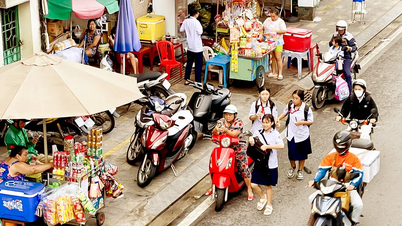

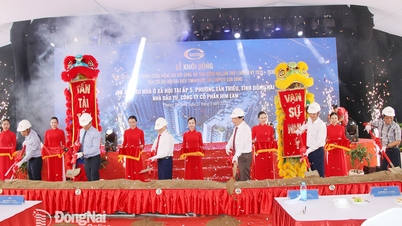

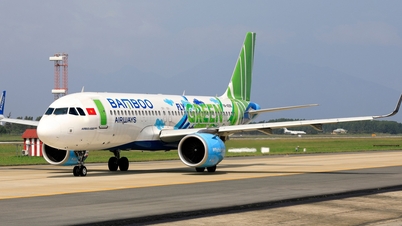

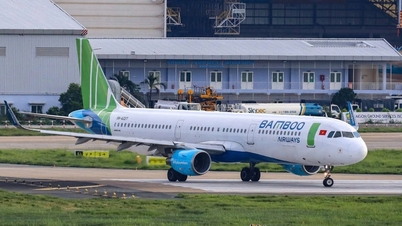

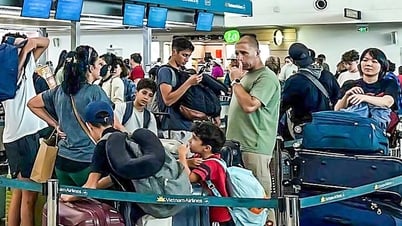


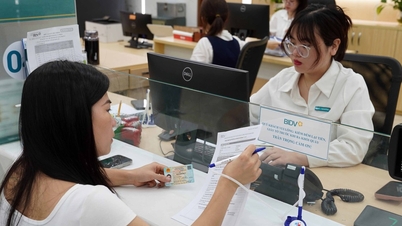

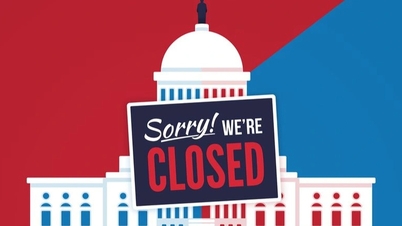


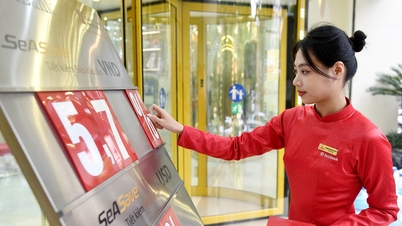
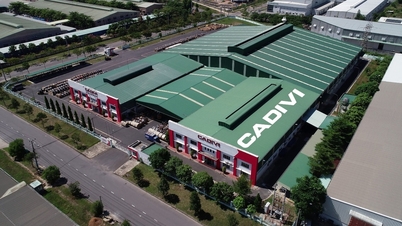
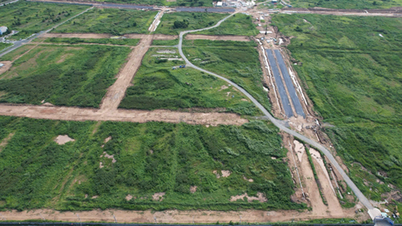










































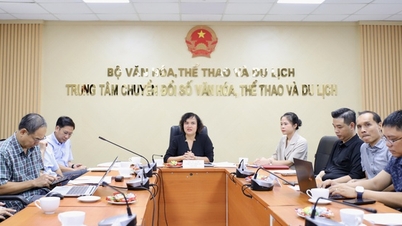
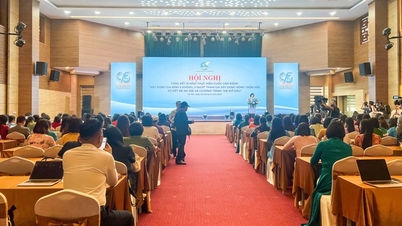
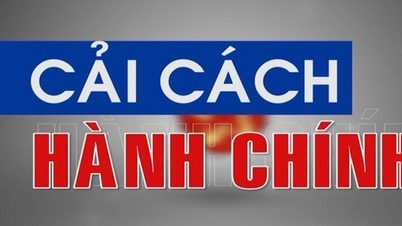



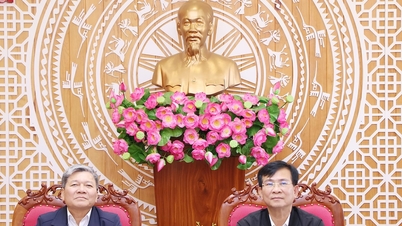

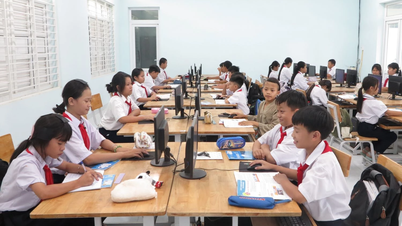

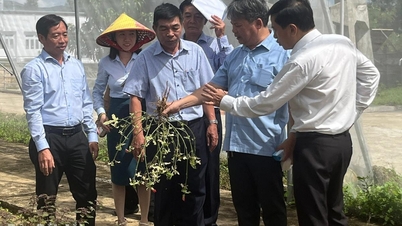



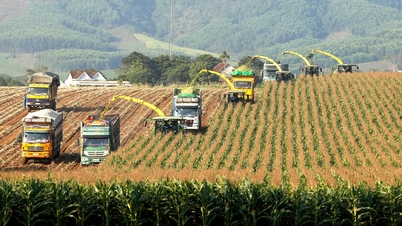














Comment (0)